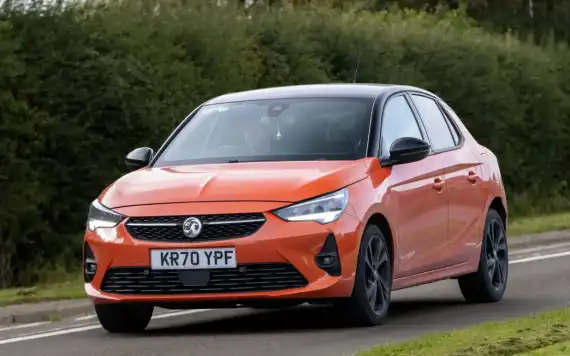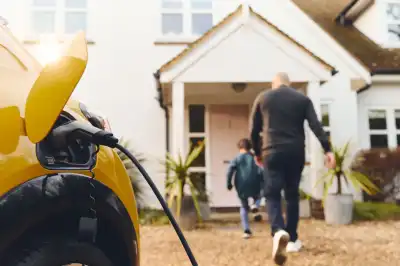
The higher upfront cost of an electric vehicle (EV) is one of the biggest barriers stopping drivers from making the switch. However, long-term savings on running costs could offset that initial expense, new data suggests.
Andersen EV, a premium home charging provider, has found that EV ownership is now 50% cheaper per year compared to an equivalent petrol car.
Running Cost Breakdown
Andersen EV's analysis compared key expenses like road tax, fuel or charging, servicing, and insurance—excluding the purchase price. It found that the overall running cost of an EV can be as low as £1,154 per year, compared to £2,316 for a petrol car.

A major factor in these savings is home charging. The study compared a 1.2-litre petrol Vauxhall Corsa and an electric Vauxhall e-Corsa, both driven 10,000 miles annually.
- Petrol Corsa: Costs £1,209.13 per year in fuel (12.1p per mile) at 138.98p per litre
- Electric Corsa: Costs just £115 per year (1.2p per mile) if charged at 5p/kWh on the cheapest home tariff
Even on an average smart home tariff (7.55p/kWh), the cost is still just £174 per year—a massive saving compared to petrol.
Road Tax and Servicing Savings
Currently, EV drivers pay £0 in road tax, while petrol cars incur at least £190 per year, rising with CO₂ emissions. However, from April 2025, new EVs will pay £10 in year one and £190 from year two onwards.
Servicing is also cheaper for EVs. On average:
- EV servicing: £232 per year
- Petrol servicing: £295 per year
Over five years, the gap grows:
- EV servicing costs: £3,857
- Petrol servicing costs: £5,514
A 2023 report confirmed that EV servicing is significantly cheaper than petrol, diesel, or hybrid models.
The Insurance Factor
Despite the savings on fuel and servicing, EV insurance remains more expensive. In January 2025, data from Confused.com found that EV drivers typically pay £125.81 more per year than petrol drivers.
However, there’s good news—EV insurance costs fell by 18% in 2024, and further reductions are expected in 2025 as EV adoption rises.
How Long Does It Take to Break Even?
While running costs are lower, EVs remain more expensive to buy. A new petrol Corsa starts at £18,995, while the electric version costs £26,107—a £7,112 difference.
Based on annual savings, it would take around six years to recover that extra cost.
That said, cheaper EVs are available. The Dacia Spring, for example, is the most affordable new electric car in the UK at £14,995, making EV ownership more accessible.
Bottom Line
EVs offer major long-term savings on fuel, road tax, and servicing, and insurance costs are beginning to fall. However, the high purchase price remains a hurdle—unless you opt for a budget-friendly model.



